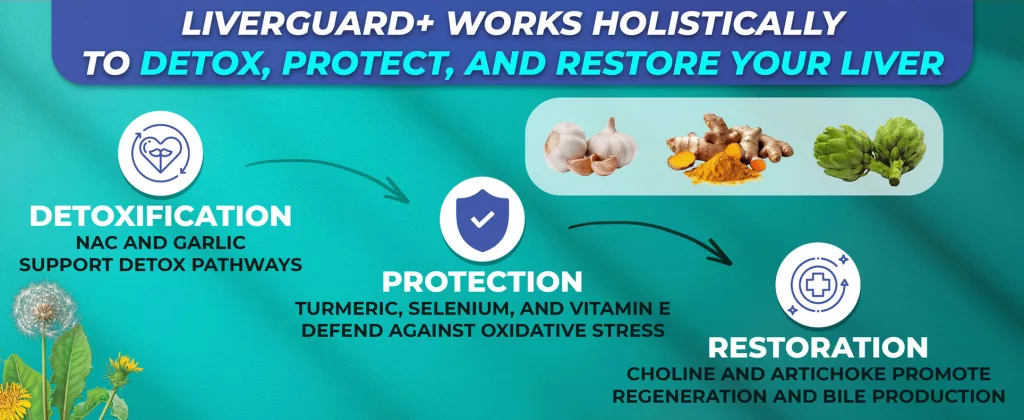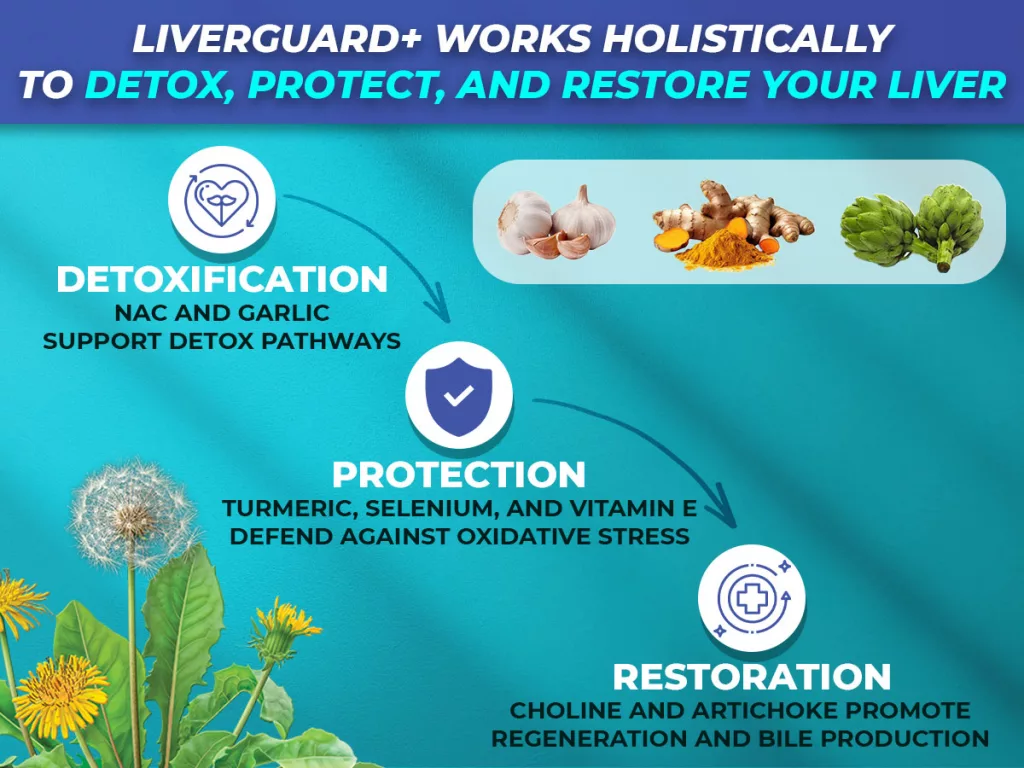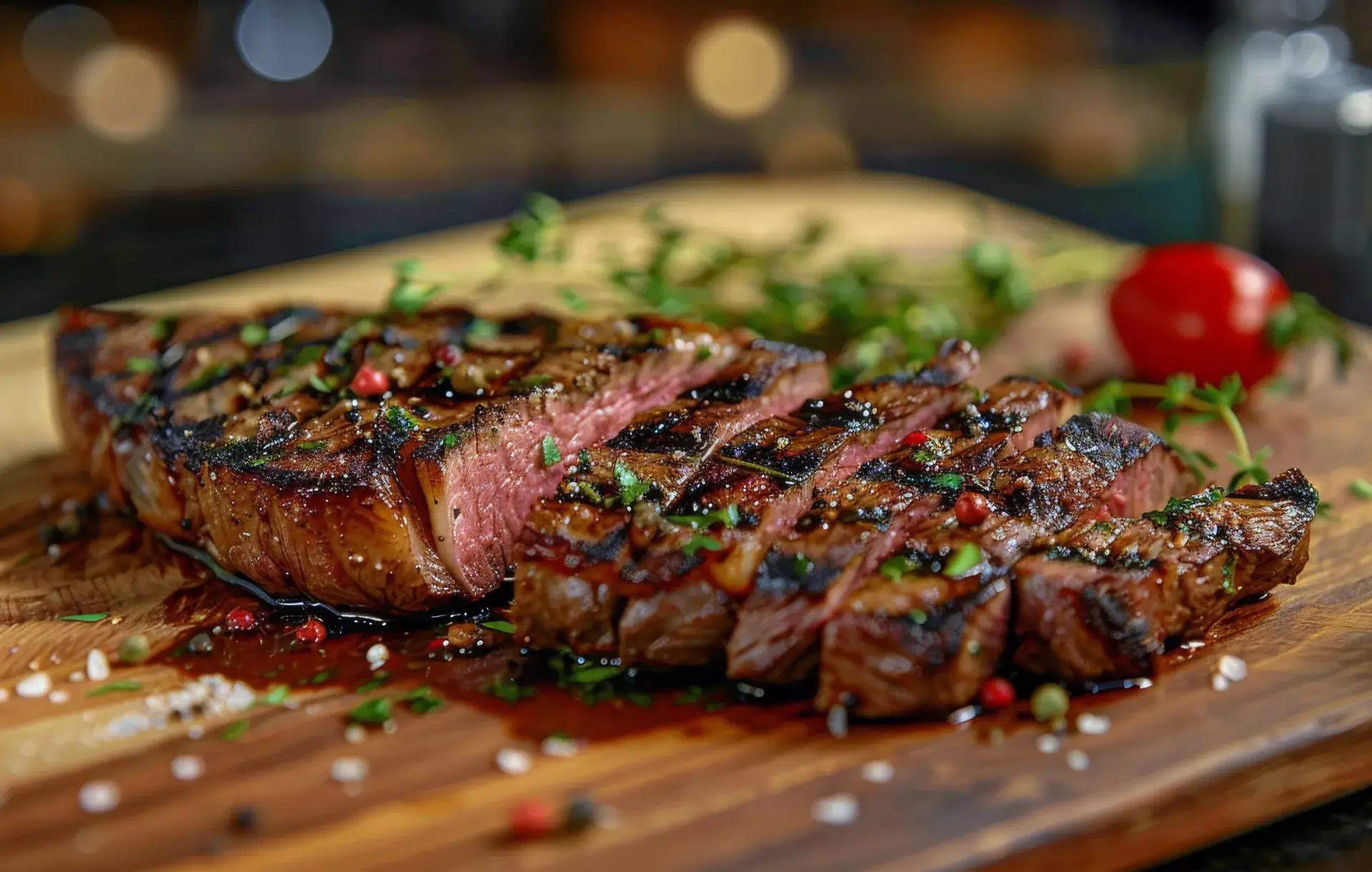Red meat is rich in nutrients like iron, zinc, and B vitamins, but it’s also one of the more challenging foods for the human digestive system to break down. Some people tolerate it well, while others experience discomfort after eating it—such as bloating, fatigue, or sluggish digestion.
Understanding how the body digests red meat, recognising signs of poor digestion, and learning how to support your digestive system can help you enjoy meat in moderation while maintaining good gut health. If you’re interested in how food interacts with your behaviour and cravings, see our post on The Psychology of Eating: Why We Eat Beyond Hunger.
How Red Meat Is Digested
Digesting meat requires a coordinated effort from your stomach, pancreas, liver, and intestines. The key steps include:
Protein Breakdown – Meat is primarily composed of protein and fat. Protein digestion begins in the stomach with hydrochloric acid and pepsin and continues in the small intestine.
Fat Processing – Fat in meat slows gastric emptying and requires bile (from the liver) and enzymes (from the pancreas) to be broken down.
Absorption – Amino acids and fatty acids are absorbed through the small intestine.
Red meat, particularly fatty or processed cuts, can slow digestion and increase the load on your digestive system, especially if consumed in large amounts or with low-fibre meals. It’s also calorie-dense, and portion size plays a key role in maintaining energy balance, as discussed in The Science of Calories: Beyond the Numbers.

Signs That Red Meat May Be Difficult for You to Digest
Some people may experience signs that their body struggles with meat digestion. These can include:
- Bloating or Discomfort: High-protein and high-fat meals take longer to digest and may cause bloating, especially if eaten with few vegetables or if your digestive enzymes are suboptimal.
- Constipation: Red meat contains no fibre and may contribute to constipation if not balanced with fibrous foods. Additionally, high iron content may slow bowel movements in some individuals.
- Fatigue After Eating: Feeling sluggish after a meat-heavy meal may indicate your body is diverting extra energy to digestion—especially if the meal was large, fatty, or low in vegetables.
- Bad Breath or Body Odour: Poor digestion can lead to the release of sulphur-containing compounds and metabolic byproducts, which may contribute to unpleasant breath or odour.
- Nausea: Some individuals—especially those with gallbladder or liver issues—may experience nausea after fatty meals, including red meat.
- Higher Blood Pressure (Long Term): Frequent consumption of processed meats (e.g., bacon, sausages) can increase sodium and saturated fat intake, both linked to higher blood pressure and cardiovascular risk.
- Frequent Illness or Inflammation: While still under investigation, some studies suggest compounds found in red meat—such as Neu5Gc—may trigger low-grade immune responses in certain individuals (PMID: 40023392). However, more human data is needed to confirm clinical relevance.
Tips for Supporting Red Meat Digestion
- Eat Smaller Portions – A standard portion (about 100–150g cooked weight) is generally easier to digest than oversized servings.
- Choose Leaner Cuts – Cuts like sirloin, tenderloin, or fillet are lower in saturated fat.
- Avoid Highly Processed Meats – Limit cured or salted meats high in sodium and preservatives.
- Pair with Fibre-Rich Foods – Vegetables, legumes, or whole grains help stimulate digestion and keep bowel movements regular. You can also explore ingredients like turmeric extract, which may support digestion and reduce inflammation—read more in Turmeric: Unlocking the Power of Nature’s Golden Spice.
- Hydrate Well – Water supports nutrient absorption and intestinal motility.
- Cook Gently – Grilling, baking, or stewing is easier on digestion than deep-frying or charring.
- Listen to Your Body – If you consistently feel unwell after red meat, reduce your intake and consider other protein sources like legumes, fish, poultry, or eggs.
When to Seek Professional Advice
If you frequently experience nausea, cramps, constipation, or fatigue after eating meat, or if symptoms persist despite adjusting your diet, it may be worth consulting a healthcare provider. These symptoms can also relate to underlying digestive issues like gallbladder dysfunction, low stomach acid, or food intolerances.
Final Thoughts
Red meat isn’t inherently “bad,” but it’s a food that some bodies tolerate better than others. Balancing your plate with fibre, staying hydrated, and eating appropriate portions can go a long way in supporting healthy digestion. As always, listening to your body and working with a healthcare provider if symptoms persist is the most sustainable path to better gut health.


Support your liver and digestive system with LiverGuard+ , a comprehensive formula featuring NAC, garlic, turmeric, and artichoke to aid detoxification, defend against oxidative stress, and promote bile flow for smoother digestion
This article is for educational purposes only and is not medical advice. Always consult a healthcare professional before making dietary or supplement changes.
References
- Chai, W., et al. (2017). Dietary red and processed meat intake and markers of adiposity and inflammation: The Multiethnic Cohort Study. Journal of the American College of Nutrition, 36(5), 364–372. PMID: 28628401
- Lopes, A. L., et al. (2025). Dietary intake of the red meat-derived glycan Neu5Gc fuels colorectal cancer through up-regulation of Wnt signaling pathway. Cancer Letters. PMID: 40023392
Micha, R., Wallace, S. K., & Mozaffarian, D. (2010). Red and processed meat consumption and risk of incident coronary heart disease, stroke, and diabetes mellitus: a systematic review and meta-analysis. Circulation, 121(21), 2271–2283. PMID: 20479151
- Samraj, A. N., et al. (2014). A red meat-derived glycan promotes inflammation and cancer progression. PNAS, 112(2), 542–547. PMID: 25548184
Varki, A., et al. (2010). Involvement of a non-human sialic acid in human cancer. Proceedings of the National Academy of Sciences, 107(6), 2110–2115. PMID: 24600589
